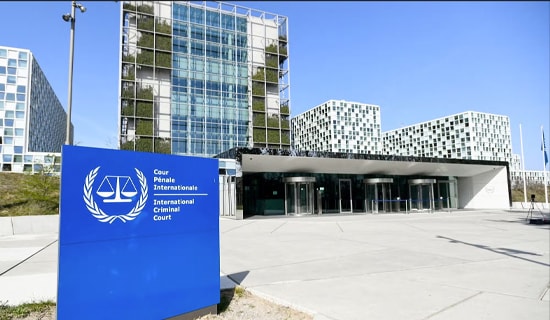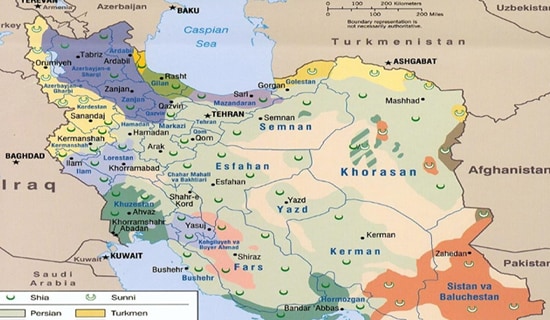This paper assesses the current threat posed by the Pakistani jihadist organization Jaish-e-Muhammad (JeM or the Army of Muhammad), a terror group led by militant commander Maulana Masood Azhar who was released by India in exchange for the passengers of an Indian plane hijacked from Kathmandu via India to Kandahar in December 1999. In assessing the strength of JeM, this paper examines the ideology of global jihad espoused by Jaish-e-Muhammad and how this terror group is routinely organizing lectures on the interpretation of jihadist verses from the Koran in towns across Pakistan, as well as publishing and broadcasting its messages on jihad.
With its headquarters based in the town of Bahawalpur in Pakistan's Punjab province, Jaish-e-Muhammad carries out its activities through front organizations and charities such as Al-Rehmat Trust, Haftroza Al-Qalam (an Urdu-language weekly newspaper) and Majlis-e-Dawat-ul-Quran (the Assembly on the Preaching of Koran). Its factions have also been known as Khuddam-ul-Islam and Jamaat-ul-Furqan. The JeM was formed by Maulana Masood Azhar following a split from Harkat-ul-Mujahideen, after his return from India sometime around 2000. In January 2002, a few months after the 9/11 attacks, Pakistan's military ruler General Pervez Musharraf banned several terror groups, including Jaish-e-Muhammad, Sipah-e-Sahaba Pakistan (SSP), Lashkar-e-Taiba (LeT), Tehreek Nifaz Shariat-e-Muhammadi (TSNM), and others. A decade after the ban, the JeM leaders continue to hold public meetings and preach jihad in Pakistani towns. ...
The full text of this post is available to subscribers.
Please login or register to request subscription information from MEMRI








